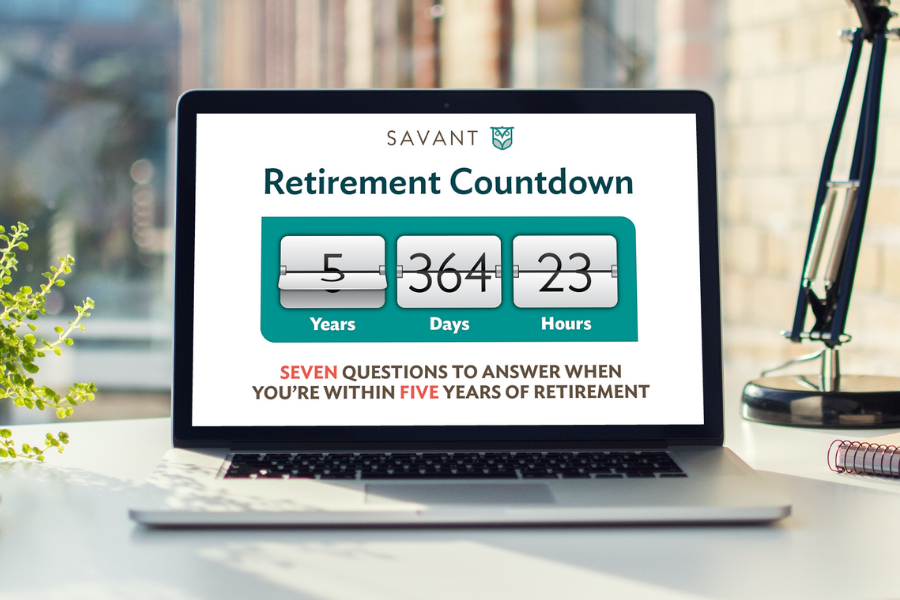Transition into Retirement
Design Your Next Chapter
Retirement – as we know it – is changing and evolving. For some, it may still mean the end of full-time work and a complete transition to leisure activities. But for others, it’s an opportunity to design an ideal future: one that may include work, volunteering, starting a business, traveling the world, and more.
Whether you’re 45 or 65, successfully starting your “next chapter” requires a plan. At Savant Wealth Management, the goal of our advisors is to help you prepare – with answers to your financial questions and guidance to help you envision the life you want to live.









